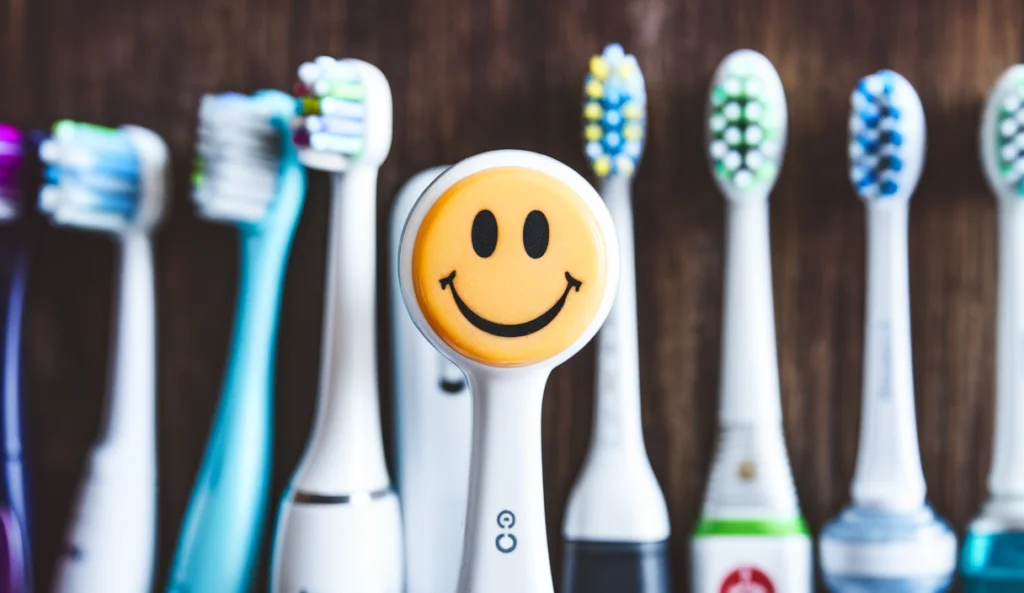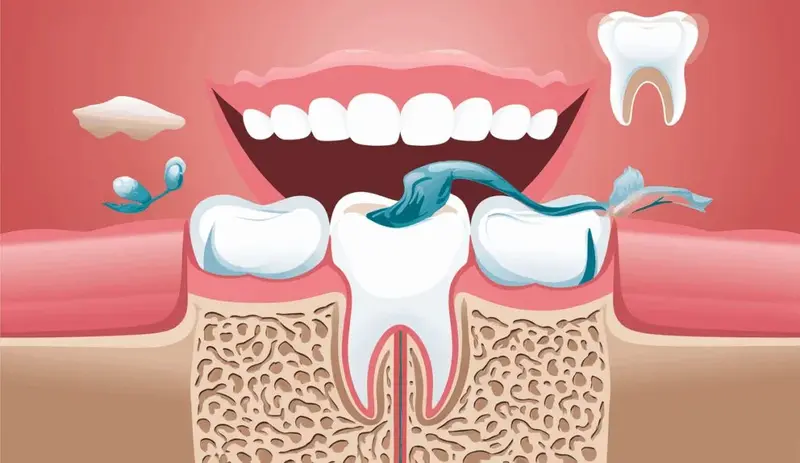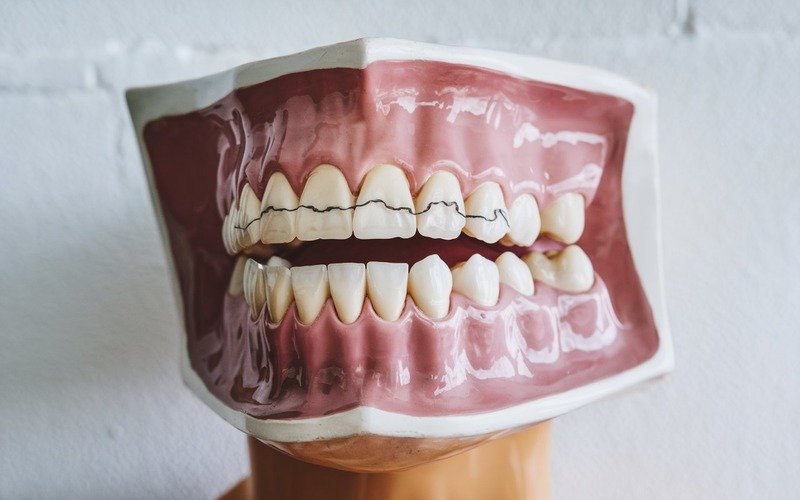
Remember the last time you stood in the toothbrush aisle, totally confused? There are rows of sleek electric toothbrushes with prices that make your wallet want to cry. Some cost as much as a fancy dinner out, while others look like something from a sci-fi movie.
You’re thinking, “Is this really going to make my teeth that much cleaner?” Most of us have been there – wondering if spending extra money on an electric toothbrush is actually worth it or just another way for companies to squeeze cash out of our bank accounts. The good news? We’re going to break this down like a real conversation, no complicated dental mumbo-jumbo.
What Makes Electric Toothbrushes Different?
Now, let’s discuss electric toothbrushes by likening them to push lawnmowers and riding lawnmowers. A classic manual toothbrush is like a push mower-you’re the one doing all the work, moving the brush back and forth with your own arm strength.
But an electric toothbrush? That’s more like a riding mower. It’s doing most of the heavy lifting for you. And when it comes to those high-tech, oscillating-cleaning-surface models that some people swear by? They’re closer to the kind of power mower that makes quick work of its brushing job.
The basic difference lies in the working. When you are using a normal toothbrush, you are doing the work of a manual power washer. An electric toothbrush does the intense cleaning work while you (or your tired arm) are not doing much work at all.
Flagellate bacteria, the kinds that whiplash on the surface of your teeth, don’t stand a chance against those power-washer micro-movements.
The Real Cost: Breaking Down the Investment
Many people don’t realize that electric toothbrushes are not just a one-time purchase. Although the initial cost might seem high-anywhere from $30 to $200 depending on the model-you also need to factor in replacement brush heads. These run about $10-$20 for a pack and should be replaced every three months.
You May Like: How Soon After Eating Should You Brush?
Is it worth the expense? If you’re someone who has difficulty with meticulous brushing or has certain dental issues, electric toothbrushes could very well be a money saver in the long run.
They could also be a money saver in the short term. For people on a tighter budget, even the mid-range electric toothbrushes provide several key benefits over manual brushing.
Do Dentists Actually Recommend Them?
The electric toothbrush has a strong endorsement from the dental community. Plaque removal and gingivitis reduction can be done better with an electric toothbrush—if it’s used correctly, that is. But what if it’s not used correctly? Can a high-tech, high-priced toothbrush make you miss the fundamental point of brushing, which is to brush your teeth? Some people are poor brushers, whether they use a manual or an electric brush.
Periodontist Dr. Sarah Chen frequently informs her patients that an electric toothbrush, no matter how costly, is not going to solve all their dental hygiene problems if they are not brushing with it for the full two minutes and covering all the tooth surfaces that need to be cleaned. The brush is a tool, not a magical elixir. You can find more professional advice at our dental office location.
Technology vs. Technique: What Really Matters
Let’s be real regarding the high-end attributes. They are, of course, very nice to have. Bluetooth connectivity, different and unique cleaning modes, and pressure sensors are wondrous things—but they’re not inventions that have changed the world. What has changed the world is the ability to brush well every day, morning and night. And it’s a factor that makes a lowly $8 manual toothbrush rule the roost.
Several important technique tips: Brush for a minimum of two minutes, using soft, circular motions. And don’t ignore those molars or the area along your gumline. Even the most advanced brush can’t make up for a lack of brushing fortitude.
Potential Drawbacks You Should Know About
The perfect electric toothbrush remains to be seen. These brush styles are more costly, demand power or batteries, and can be clumsy while traveling. Some users don’t like the way these brushes vibrate, with the people who really seem to “get” electric toothbrushes enjoying seeing and feeling the difference a powerful brush makes. If you have really sensitive teeth, though, you might want to consider a brush that allows you to switch to a gentler power setting when needed.
In addition, depending too much on technology can make certain individuals slothful about their tooth care. Keep in mind that whether it is a powered toothbrush or a manual one, no type of toothbrush can replace dental floss or regular, check-up appointments with one’s dentist.






